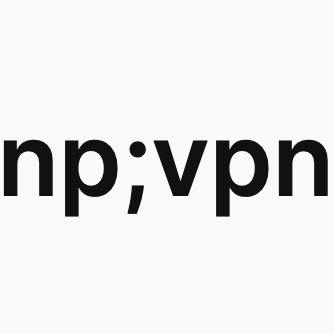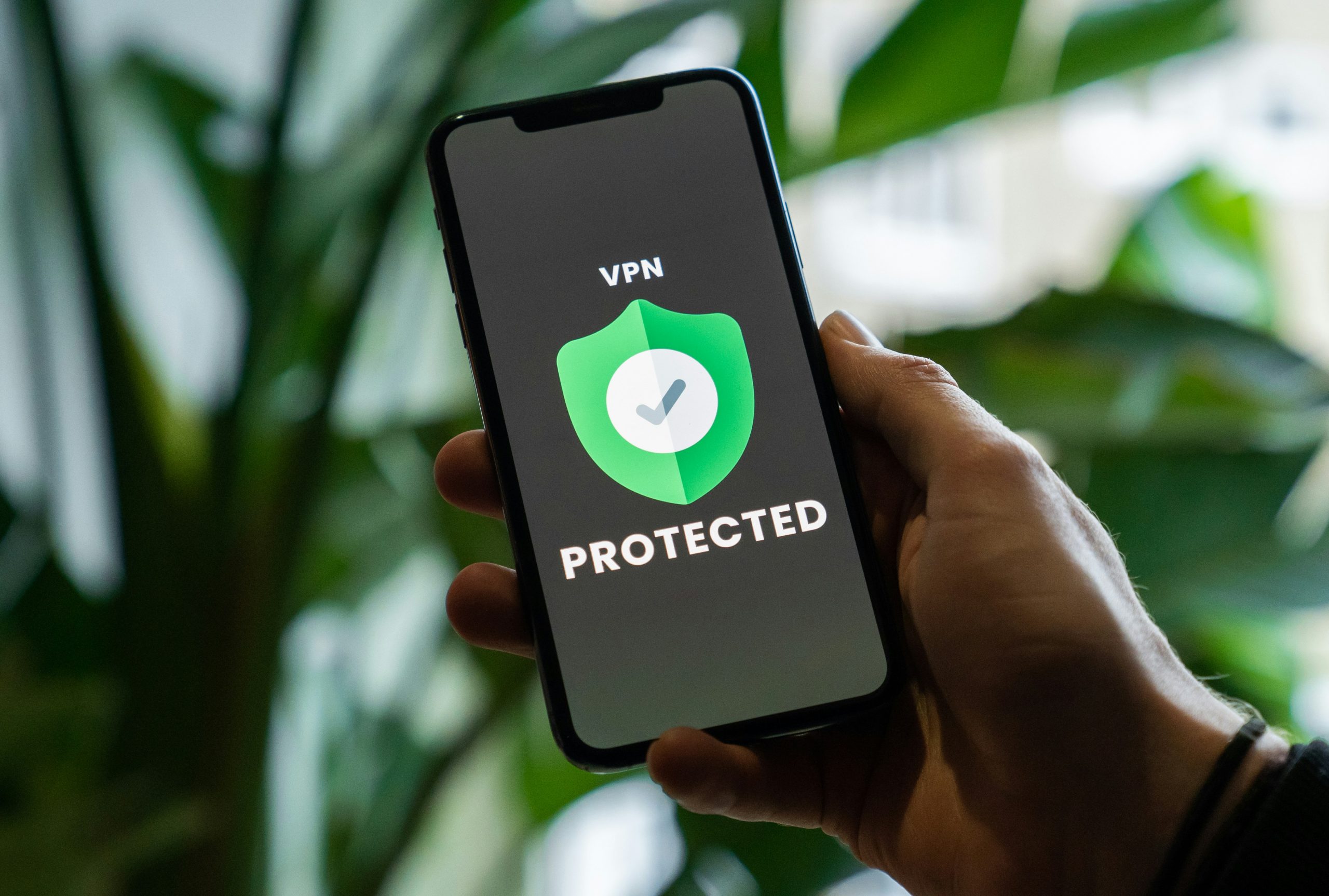What is a No-Log VPN?
VPN app with no log policy is a VPN service that doesn’t store or track any user data. When users connect to a VPN, it routes their internet traffic through secure VPN servers, masks their IP addresses, and encrypts their data. A no-log policy ensures none of this data gets stored, so users’ browsing history, connection times, and personal information remain private.
While many VPN providers claim to offer a no-log policy, it’s crucial to understand the mechanics behind it and why it’s essential, especially for businesses developing VPN apps. This article will guide you on how to create a VPN app with a no-log policy, covering key factors, protocols, and legal considerations.
Why Is a No-Log VPN Important?
The main reason to build a no-log VPN is to protect user privacy. In today’s digital landscape, users increasingly prioritize data security and privacy, favoring no-log VPN services that guarantee their online activities remain untracked. A strict no-logs policy not only protects privacy but also builds trust with users. Businesses aiming to develop a VPN app with a no-log policy can highlight this feature to attract privacy-conscious users, particularly in countries with heavy surveillance.
From a business standpoint, offering a zero-logs VPN service distinguishes your VPN service in the market. Users need to feel confident that their browsing stays confidential, and a no-log policy reinforces that trust. Whether creating a VPN service for individual users or B2B clients, privacy and security play an essential role in building a successful no-logs VPN service.
How No-Log Policy Relates to Secure VPN Development
Creating a VPN app with a no-log policy involves more than just avoiding data storage. Verified no-logs VPN services are vital, and only a few VPNs have undergone independent audits to confirm their no-logs policies.
The backend infrastructure must also prevent the storage of any identifiable data. Set up VPN servers that support a strict no-logs policy, and choose VPN protocols that prioritize user privacy. Secure VPN technology can prevent data breaches, safeguarding user privacy.
Some VPN protocols simplify no-log VPN development. Modern protocols like WireGuard, Xray/V2Ray, and Shadowsocks offer robust security and high performance, reducing the risk of data leaks. These protocols excel at encryption and ensure that user logs aren’t stored, making them ideal for privacy-focused VPN services.
Legal Considerations for VPN Providers in Different Countries
Developing a no-log VPN requires understanding legal requirements across different regions. Privacy laws vary, so being aware of data regulations and adjusting your VPN service accordingly is essential:
- United States: VPN providers in the USA aren’t legally required to log user data but must comply with requests for information if logs exist. Therefore, offering a no-logs VPN service in the USA can appeal more to privacy-focused users.
- European Union: The EU’s GDPR enforces strict data handling laws. Developing a no-log VPN service can help businesses comply by minimizing data collection and enhancing user privacy.
- Russia: Stringent laws, such as the Yarovaya Law, require data retention, complicating no-log VPN implementation. Some providers rely on infrastructure outside Russia to meet no-log policies while safeguarding customer data.
- China: China’s Cybersecurity Law and Great Firewall regulations demand that VPN providers monitor and retain user data. Developing a no-log VPN for Chinese users requires advanced obfuscation techniques, such as Xray or Shadowsocks, to evade detection and protect user privacy.
Understanding these legal differences lets you develop a no-log VPN app that adheres to local regulations without sacrificing privacy.
Types of VPN Logs
Connection Logs
Connection logs record information about a VPN connection, such as the time and date of the connection, the IP address of the VPN server, and the amount of data transferred. While these logs help VPN providers manage server load and troubleshoot issues, they also risk user privacy.
If a VPN service keeps logs, it could potentially trace online activities. A no-logs VPN provider ensures this information isn’t collected or stored, maintaining user privacy and anonymity.
Activity Logs
Activity logs go further by recording online activities while connected to the VPN, such as websites visited, services accessed, and DNS queries. Providers can use these logs to build a profile of online behavior, potentially selling it to advertisers or third parties.
A no-log VPN provider, however, promises that no such activity logs are collected or stored. This guarantee ensures that browsing history and online activities remain private, offering peace of mind that data won’t be monitored or sold.
IP Addresses and DNS Logs
IP addresses and DNS logs reveal user IP addresses and DNS queries, which can identify online activities. This logging can be invasive, revealing user locations and websites visited. A no-log VPN provider ensures that neither IP addresses nor DNS queries are logged, protecting online privacy and preventing potential tracking of internet activities.
Choosing the Right VPN Protocols: Xray, V2Ray, WireGuard, and Shadowsocks
Selecting the right VPN protocols is critical for no-log VPN development. Here’s a summary of the most effective protocols:
- Xray/V2Ray: These protocols disguise VPN traffic as regular HTTPS traffic and work well in heavily regulated areas. With robust encryption and minimal logging, they’re ideal for no-log VPNs.
- WireGuard: Known for simplicity and efficiency, WireGuard suits no-log VPN apps. Its small codebase is easy to audit, but it retains minimal connection data during active sessions, requiring careful configuration to ensure zero logs.
- Shadowsocks: Popular for bypassing censorship, Shadowsocks mimics regular web traffic, making it difficult to detect. As it doesn’t store logs by default, it’s a solid choice for no-log VPN apps.
Key Considerations for Developing a No-Log VPN App
To develop a no-log VPN app that prioritizes user privacy, you’ll need to meet high standards in backend setup, encryption, and data handling.
Backend Infrastructure
A strong backend is essential for a reliable no-log VPN. The backend must enable no-logs functionality, meaning VPN providers need to configure VPN servers to avoid storing identifiable user data. Server setups like Marzban are ideal as they’re designed for no-log VPN standards, ensuring no user-specific data or identifiable information is retained. This structure provides the private internet access users expect from the best no-logs VPN providers.
Encryption Standards
Encryption is crucial for private internet access, ensuring data remains unreadable by unauthorized parties. High-quality encryption is essential for any no-logs VPN. Choose protocols like WireGuard, V2Ray, or Xray, which offer strong encryption, help maintain user privacy, and don’t compromise on speed or efficiency.
IP Address Handling
A no-log VPN should avoid storing user IP addresses. To ensure privacy, VPN providers must configure their services to avoid retaining IP logs or other traceable data. By not storing IP addresses, a no-log VPN meets privacy expectations and gives users confidence in secure internet access.
Step-by-Step Guide to Implementing a No-Log Policy
To establish a reliable no-log VPN policy, follow these steps:
- Configure VPN Servers: Set up VPN servers with logging disabled to support the no-logs VPN policy and maintain private internet access.
- Choose Privacy-Focused Protocols: Opt for protocols like WireGuard, Xray, or V2Ray, which support encryption and effectively protect user privacy. These protocols secure connections without generating connection logs.
- Set Up a Kill Switch: A VPN kill switch stops all traffic if the VPN connection drops, maintaining no-logs standards by protecting users’ online activities.
- Use DNS Leak Protection: DNS leaks can expose real IP addresses, so no-logs VPN services need DNS leak protection to uphold no-logs status.
- Limit Access to User Data: Ensure minimal access to customer data. A reliable no-logs VPN should never collect usage or activity logs, further safeguarding user privacy.
Summary
Building a no-log VPN app requires a strong commitment to user privacy, a well-optimized backend, and modern VPN protocols. Developing such a VPN service means configuring servers, adhering to privacy laws, and choosing secure protocols to ensure data security.
If you’re interested in developing a no-log VPN app or learning more about the process, contact us at NPVPN to explore how we can assist you in bringing a secure, private VPN service to market. With our proven solutions, you can get started quickly and maintain a strict no logs policy for complete user privacy.


Leave a Reply